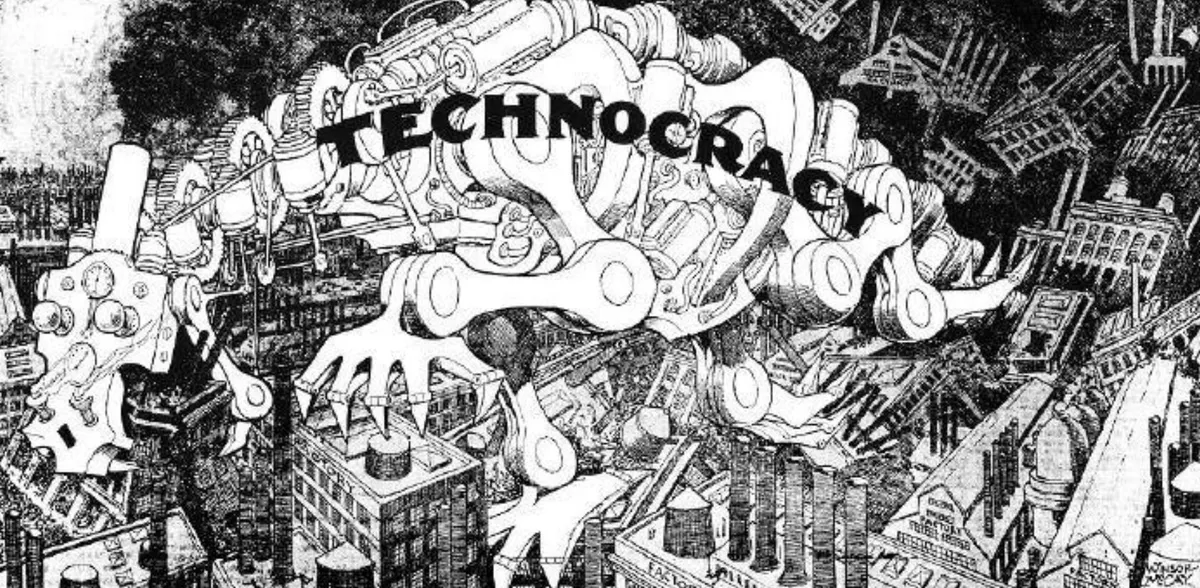Feeling Betrayed: Technocracy, Trump and the Cost of Broken Promises
This opinion in USA Today captures a widespread sense of betrayal that reaches beyond libertarians and touches many conservatives. It also cites the book The Final Betrayal: How Technocracy Destroyed America. Books are in stock!
Billionaire arch-technocrats have crowded Washington and quietly reshaped government institutions from the inside. They rode in on the Trump train, using political momentum to install policies that were never Trump’s promises. Now Trump seems to be basking in the limelight while many see complicity in a shift toward technocracy.
What that shift looks like is alarming: a new privatized monetary system, centralized collection of government data on Americans, a creeping technocratic ideology that replaces republican norms. The goal appears to be to hollow out constitutional checks and replace them with supposedly neutral “expert” rule. This is a revolution in method, not bullets, but with similarly sweeping effects.
Even American Communists and Marxists saw technocracy’s danger decades ago. The New International in 1944 wrote:
Where the economic analyst notes the development of this type of chronic unemployment, Scott records nothing less than … the abolition of human labor! One of the fundamental tenets of technocracy is that labor has become non-essential to society.
Technocracy sidesteps Marxism and traditional political ideologies by offering a scientific dictatorship that removes human judgment from public life. Its architects want to replace political systems with algorithmic management, treating people as data points to be optimized. That approach strips away moral responsibility and democratic accountability.
If technocracy takes hold in America, disillusioned citizens may scramble for any alternative—even systems they once opposed—because all familiar options would have been erased. This is the danger many conservatives see: a slow, bureaucratic form of revolution that leaves little room for individual liberty. The stakes are not abstract; they cut to who decides how we live and work.
A year after the presidential election, I feel completely swindled. I was a libertarian who voted for Donald Trump in 2024, the first time I backed a Republican for president, because he listened and promised to address real concerns. He attended our national convention, pledged to stay out of new wars, and said he would slash wasteful programs while supporting an ambitious Department of Government Efficiency.
Those commitments did not materialize. Apart from the pardon of Silk Road founder Ross Ulbricht, which I welcome, the broader promises collapsed. Instead of trimming the federal footprint, momentum moved toward massive spending and compromises that undercut reformers.
Elon Musk’s efforts on efficiency and cuts showed promise, but they were overshadowed by the One Big Beautiful Bill and a series of continuing resolutions that reversed much of the progress. OBBB ranks among the largest spending packages in recent memory and came from a candidate who ran on cutting waste. That contradiction matters because it punishes lawmakers who pointed it out and rewards those who enabled the surge.
Trump’s push against principled conservatives and libertarians—illustrated by pressure on figures like Rep. Thomas Massie and Sen. Rand Paul—feels like political betrayal to many in our coalition. The fight over spending and liberty is not academic; it determines whether conservative promises mean anything. When leadership abandons those promises, voters notice and react.
If the presidential election were held today, with the same candidates, I would sit out rather than back a nominee who no longer represents fiscal restraint and individual freedom. I would not support the Libertarian nominee from 2024, who leaned too far left for many of us and pushed some voters toward Trump or Robert F. Kennedy Jr. The political realignment that followed shows how fragile coalitions are when core principles get traded away.
I am still likely to vote in the 2026 midterms and the 2028 general, because participating is the way to try to steer policy back toward liberty. That means supporting candidates who actually uphold limited government, fiscal prudence and personal freedom. The choice now is between rebuilding trust through consistent action or watching more ground be surrendered to technocratic rule.

